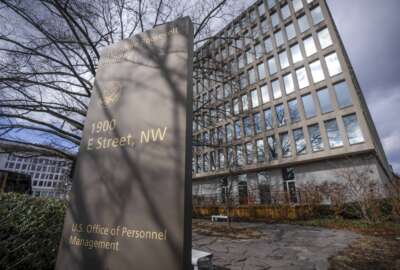EU plans to step up fight on online jihadi propaganda
By RAYYAN SABET-PARRY Associated Press RIGA, Latvia (AP) — The EU on Thursday called for more help from Internet companies to fight online terrorist...
By RAYYAN SABET-PARRY
Associated Press
RIGA, Latvia (AP) — The EU on Thursday called for more help from Internet companies to fight online terrorist propaganda in the face of the terror attacks in France.
Home Affairs Commissioner Dimitris Avramopoulos told reporters in Riga that the EU needs to deepen cooperation with the Internet industry “and to strengthen the commitment of social media platforms in order to reduce illegal content online.”
Already before this month’s shooting massacres carried out by Islamic extremists in Paris, EU officials had been reaching out to Google, Facebook, Microsoft and other companies to discuss ways of removing jihadist propaganda from the Internet.
“We are now taking this cooperation further by deepening dialogue … in order to develop concrete, workable solutions,” Avramopoulos said.
But policing the vast amount of material posted on social media is a major challenge.
Google said Wednesday that the sheer volume on its YouTube website, with about 300 hours of video material being uploaded every minute, makes it tough to catch all terror-related content.
Groups like Islamic State using online videos as recruitment tools. In a rare speech earlier this month, British domestic spy chief Andrew Parker said the group’s skill at using social media means it has been able to spread its message to virtually every home in Britain.
Omar Ramadan, head of the Radicalization Awareness Network, a European group tackling extremism, said removing terror-related content from the Internet wasn’t enough.
“If you’re only taking down content and not worrying about the people watching content, they will be searching for content elsewhere,” Ramadan told The Associated Press on the sidelines of an EU interior ministers’ meeting in Riga. “We should prevent them from searching such content by feeding them counter-narratives, telling them that jihadist propaganda is a lie.”
Security officials say more than 3,000 Europeans have gone to Syria to join extremists there as foreign fighters, sparking worries they will bring the battle home when they return.
Copyright 2015 The Associated Press. All rights reserved. This material may not be published, broadcast, rewritten or redistributed.
Copyright © 2025 The Associated Press. All rights reserved. This website is not intended for users located within the European Economic Area.






